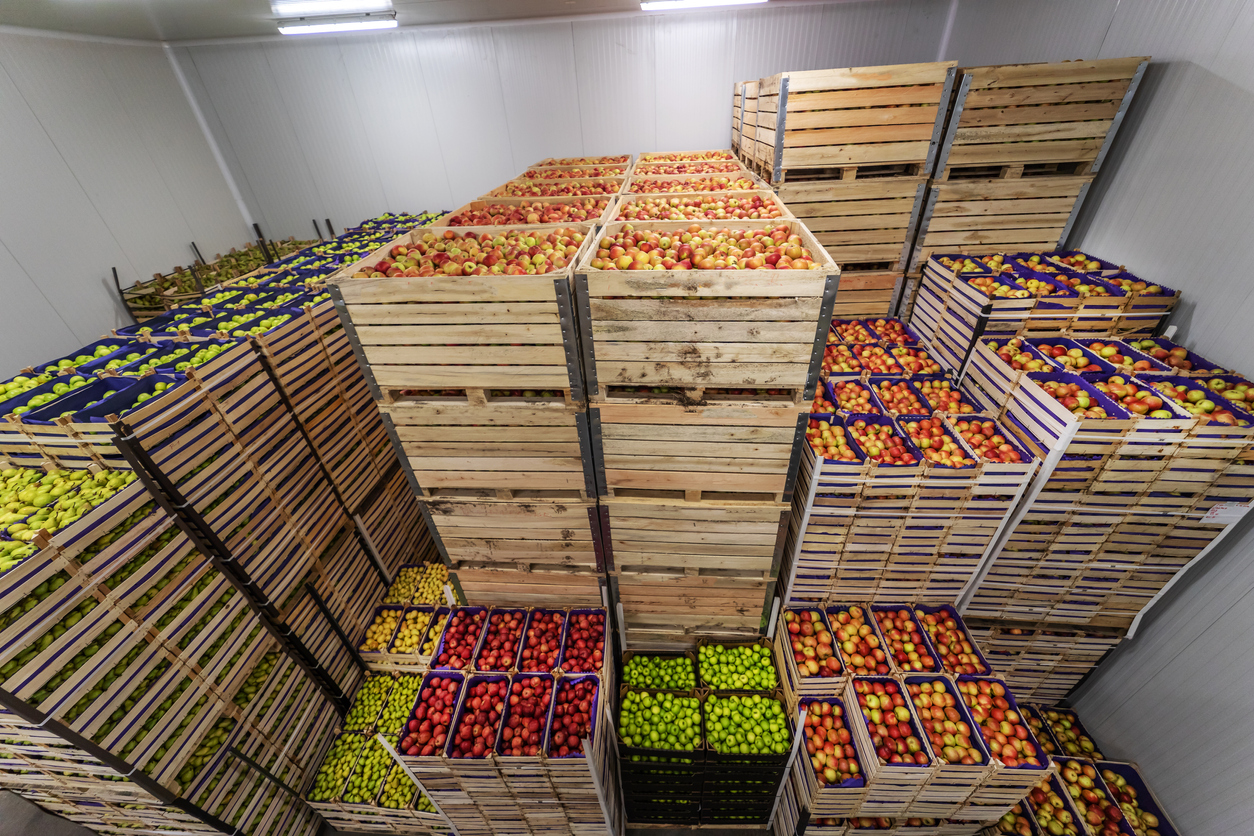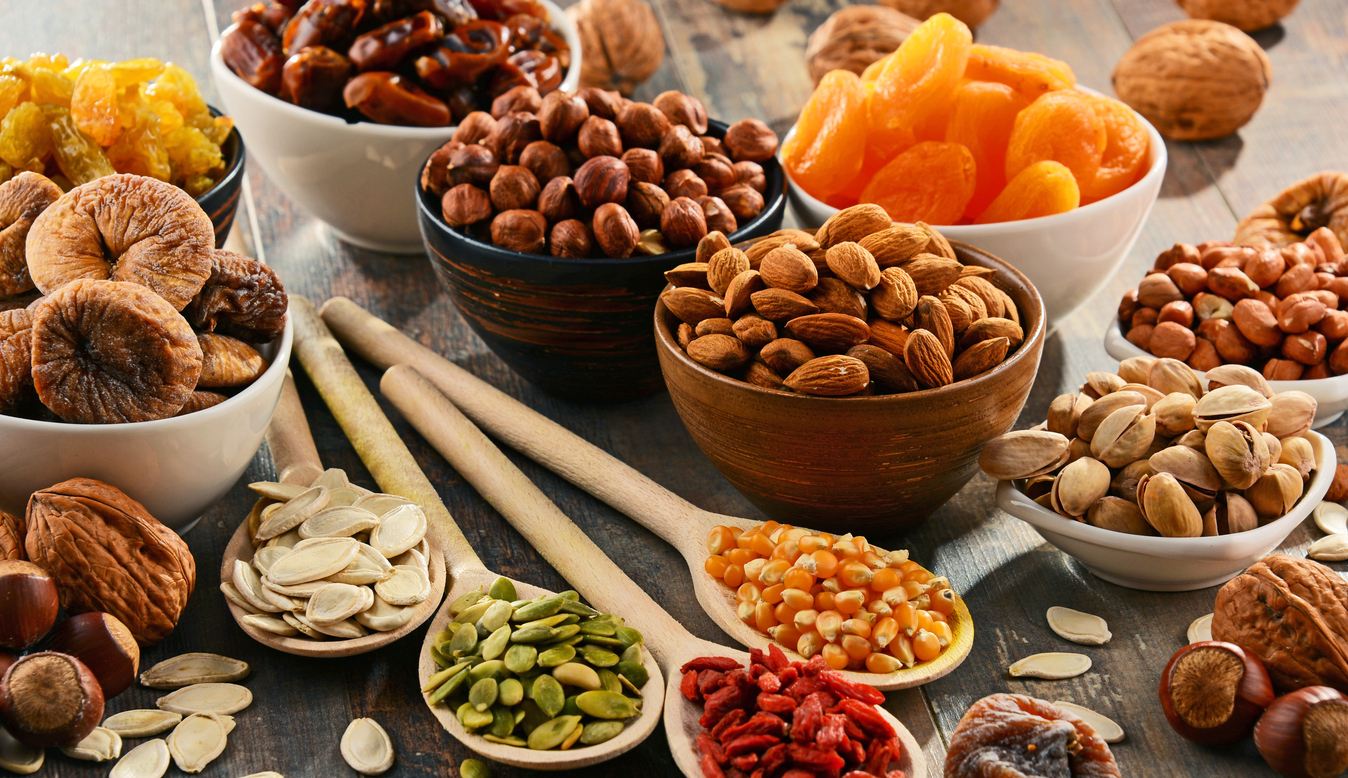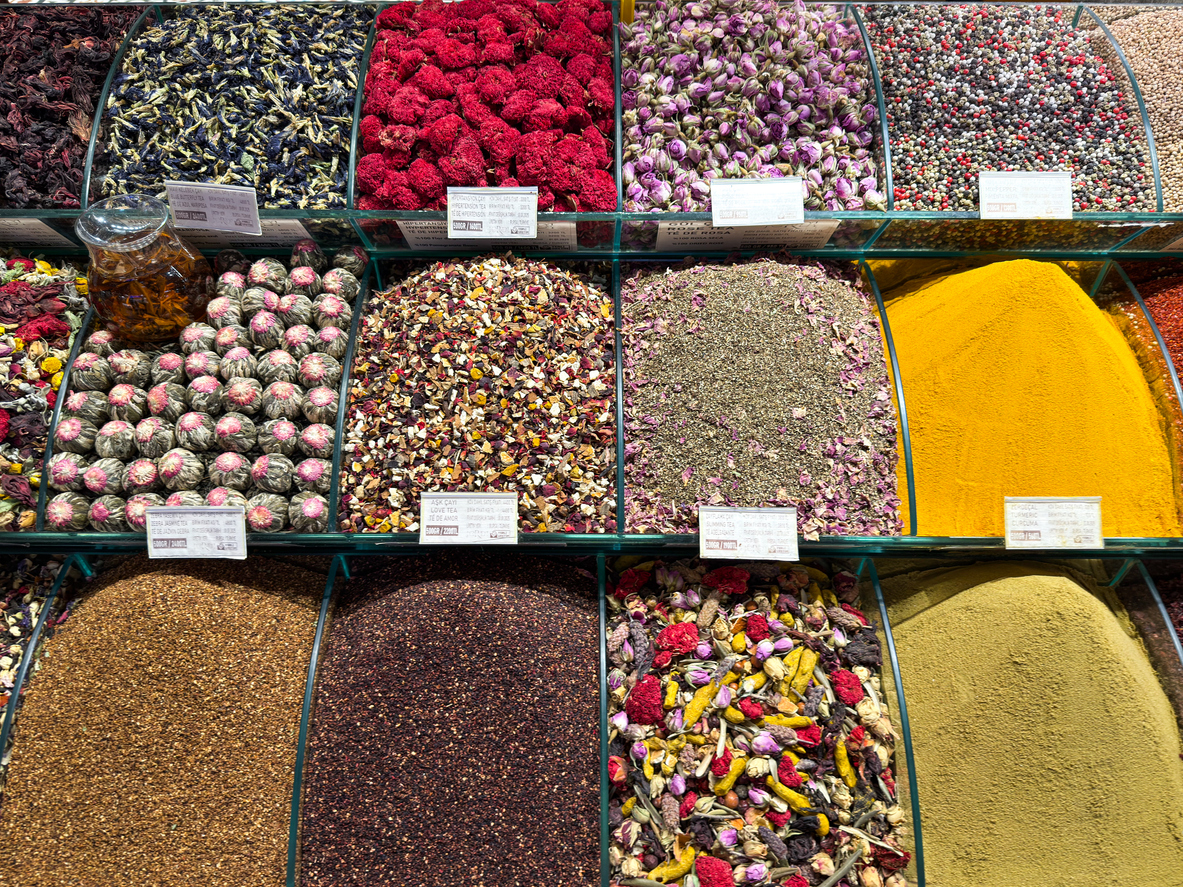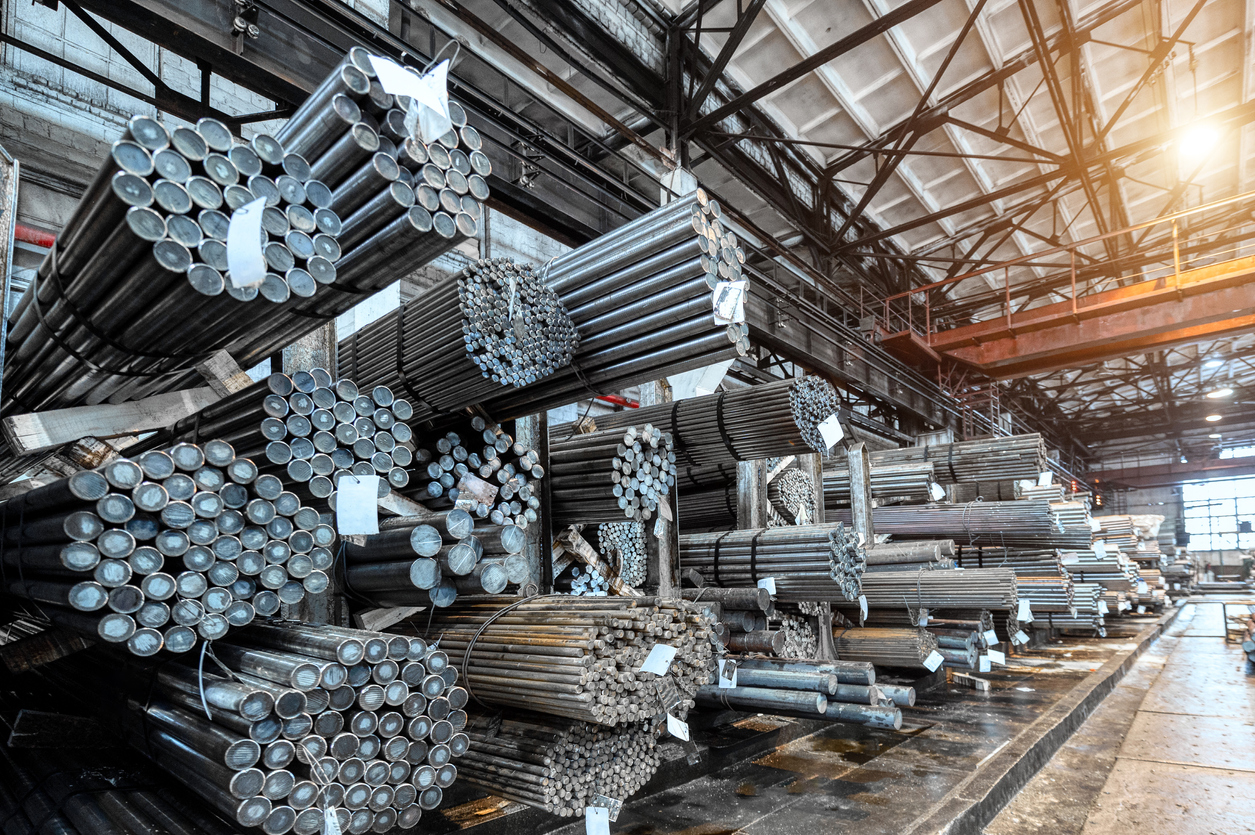Sustainable Agriculture: Buy and Export Other Vegetable Residues from Burkina Faso
Sustainable Agriculture: Buy and Export Other Vegetable Residues from Burkina Faso
Are you looking for sustainable and eco-friendly ways to support local agriculture? Look no further than Burkina Faso! This West African country is known for its rich culture, beautiful landscapes, and delicious produce. But did you know that there are also innovative initiatives taking place to reduce waste and promote sustainability in the agriculture industry? In this blog post, we’ll explore the benefits of buying and exporting other vegetable residues from Burkina Faso – a simple yet effective way to participate in sustainable farming practices while supporting local farmers. Let’s dive in!
What is Sustainable Agriculture?
There are many definitions for sustainable agriculture, but at its core, sustainable agriculture is an approach to food production that works to protect and enhance the natural resources upon which agriculture depends – including land, water, air, and biodiversity. In practical terms, this means farming in ways that minimize soil erosion and degradation; using water efficiently; diversifying crops and rotating them through fields on a regular basis; relying on renewable sources of energy such as solar power; and using environmentally-friendly pest management practices.
Sustainable agriculture also strives to improve the livelihoods of those involved in food production, whether they are farmers, farm workers, or others further down the supply chain. This includes providing decent working conditions and wages for farm workers, investing in rural communities, and ensuring that small-scale farmers have access to the resources they need to be successful.
There are many different models of sustainable agriculture in practice around the world, and what works best in any given context will depend on a number of factors including local climate, soils, crop types, and more. But one thing all sustainable agriculture systems have in common is a focus on meeting the needs of both people and planet.
The Benefits of Sustainable Agriculture
Sustainable agriculture is an approach to food production that aims to minimize the negative environmental impact of farming while maximizing the economic and social benefits for farmers.
There are many benefits of sustainable agriculture, including improved soil health, water conservation, reduced pesticide use, and increased crop yields. Sustainable agriculture also provides social benefits such as improved working conditions for farmers and better wages.
Burkina Faso is a prime example of a country where sustainable agriculture is benefiting both the environment and the economy. The country has been able to increase its exports of other vegetable residues, such as okra and eggplant, by adopting sustainable farming practices. This has not only helped to improve the livelihoods of farmers in Burkina Faso, but has also contributed to the country’s economic growth.
How Wigmore Trading Supports Sustainable Agriculture in Burkina Faso
Wigmore Trading is committed to supporting sustainable agriculture in Burkina Faso. We believe that this type of agriculture is critical to the long-term success of the country and its people.
Sustainable agriculture is defined as an approach to food production that seeks to minimize negative environmental impacts while maximizing positive social and economic outcomes. It includes a range of practices, including using natural inputs, diversifying crops, and adopting conservation tillage methods.
Burkina Faso has a unique opportunity to lead the way in sustainable agriculture. The country has a large population of small-scale farmers who are already using many of these practices. In addition, the government has shown a commitment to promoting sustainable agriculture through policies and programs.
Wigmore Trading is working to support sustainable agriculture in Burkina Faso in several ways. First, we are providing training and technical assistance to small-scale farmers on best practices in sustainable agriculture. Second, we are working with the government to promote policies and programs that support sustainable agriculture. We are buying and exporting other vegetable residues from Burkina Faso, which helps to diversify farmers’ incomes and reduces pressure on land resources.
We believe that sustainable agriculture is essential for the long-term success of Burkina Faso. We are committed to supporting this type of agriculture through training, technical assistance, policy advocacy, and market access.
Types of Other Vegetable Residue Available for Export from Burkina Faso
In Burkina Faso, cotton is the mainstay of the economy, accounting for over 50% of export earnings. Other important agricultural products include sorghum, millet, maize, rice, peanuts, sesame seeds, cowpeas, and small ruminants.
The country has an estimated 2.5 million hectares of arable land, of which only about a third is cultivated. The majority of farms are small (less than 2 hectares) and subsist on rain-fed agriculture. Agricultural production is constrained by unreliable and erratic rainfall, soil fertility decline, pests and diseases, limited access to improved seeds and inputs, and weak extension services. In addition, agricultural growth has been hurt by droughts in recent years.
The government has prioritized agriculture in its development strategies and introduced a number of initiatives to improve the sector’s performance. These include the National Agricultural Investment Plan (NAIP), the Burkina Faso Agricultural Productivity Project (BAPA), and the Support Program for Agricultural Inputs (PASAI). Despite these efforts, however, productivity remains low and Burkina Faso continues to be one of the world’s least developed countries.
Other vegetable residues that can be exported from Burkina Faso include: okra pods; leaves of sweet potatoes; yams; cocoyams; taro; cassava leaves; eggplant leaves; residual matter from processing oilseeds such as groundnut shells and cottonseed husks
Potential Uses and Benefits of Other Vegetable Residue Exports
Burkina Faso has the potential to become a major player in the international market for other vegetable residues. The country has a large and growing population of small-scale farmers who produce a wide variety of crops, including maize, sorghum, millet, rice, peanuts, cotton, and sesame. These crops are grown on roughly half of the country’s land area.
Other vegetable residues can be used as animal feed, fuel, or fertilizer. They can also be processed into biodegradable plastics or paper. Exporting these products could provide a much-needed boost to the Burkina Faso economy.
In addition to the economic benefits, exporting other vegetable residues would also help to reduce environmental degradation in Burkina Faso. The country is currently facing significant environmental challenges, including deforestation and soil erosion. Exporting other vegetable residues would help to reduce pressure on the environment by providing an alternative use for crop waste.
The potential benefits of exporting other vegetable residues from Burkina Faso are clear. Doing so would boost the economy and reduce pressure on the environment. It is important to note that this is only possible if the exports are well managed and sustainable.
Challenges of Sourcing Other Vegetable Residues from Burkina Faso
There are a number of challenges associated with sourcing other vegetable residues from Burkina Faso. Firstly, the country is located in the Sahel region of Africa, which is characterized by low rainfall and high temperatures. This makes it difficult to grow crops, and also increases the risk of crop failure due to drought. Secondly, Burkina Faso is a landlocked country, which means that it is difficult to transport goods to and from the country. This can make it difficult to source other vegetable residues from international markets. Burkina Faso has a small population, which means that there is not a large domestic market for these products.
Conclusion
Sustainable agriculture is becoming increasingly important in Burkina Faso as it provides an economic boost and helps with conservation efforts. By investing in the purchase and export of vegetable residues, businesses can drive forward the local economy while helping to protect the environment. This article has provided a brief overview of how this practice benefits both local residents and the environment, demonstrating why sustainable agriculture should be supported wherever possible.








Comments are closed.